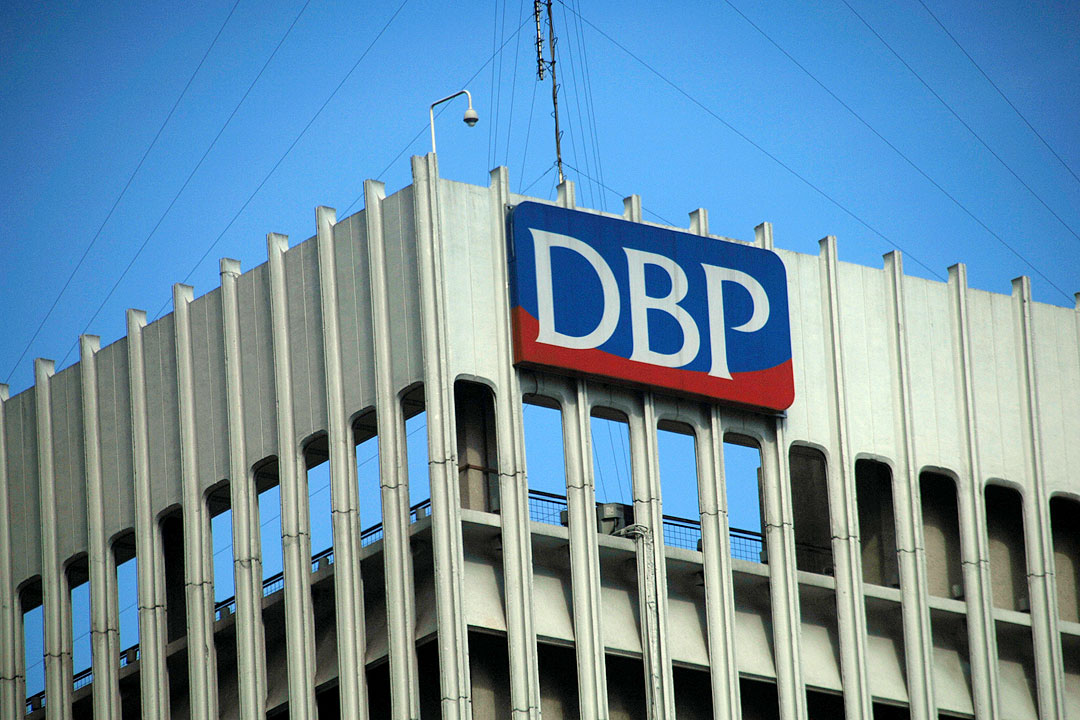Forex gains, property sales boost first-half DBP income

DEVELOPMENT Bank of the Philippines’ (DBP) net profit rose by 60% year on year in the first half, driven by gains from foreign exchange and the sale of properties.
DBP’s net income stood at P4.42 billion in the first semester, up from P2.76 billion in the same period last year, the state-run lender said in a statement on Thursday.
Its financial statement was not available as of press time.
“Notwithstanding the one-time gains, overall, the bank’s performance in the first half of the year demonstrates its resilience as an institution and its readiness to support the National Government’s strategic initiatives to foster economic growth and financial stability,” DBP President and Chief Executive Officer Michael O. de Jesus said.
He added that the bank is on track to meet its full-year income target of P5.2 billion.
The majority of loans disbursed in the first half went to the infrastructure and logistics sector at P281.59 billion. This was followed by loans to social infrastructure and community development at P110.03 billion.
“A significant chunk of our loans or about 55.5% of the bank’s total portfolio of P507 billion was released to bankroll public infrastructure under the banner of the National Government’s “Build, Better, More” program, majority of which are in the National Capital Region, Central Visayas, Davao, and Central Luzon,” Mr. De Jesus said.
DBP also lent P35.38 billion to the agriculture sector and P79.93 billion for other financial and insurance activities, including manufacturing, wholesale and retail trade, and food services. It disbursed P54.43 billion in loans for environment-related projects, and P30.23 billion to support micro, small and medium enterprises.
Meanwhile, total deposits with the bank went up by 4% to P760 billion.
Total capital increased by 8% year on year to P83.64 billion from P77.54 billion.
“DBP’s position as the country’s infrastructure bank is closely aligned with our President’s vision of catalyzing progress through economic efficiency through well-planned and inclusive infrastructure development,” Mr. De Jesus said. — AMCS



